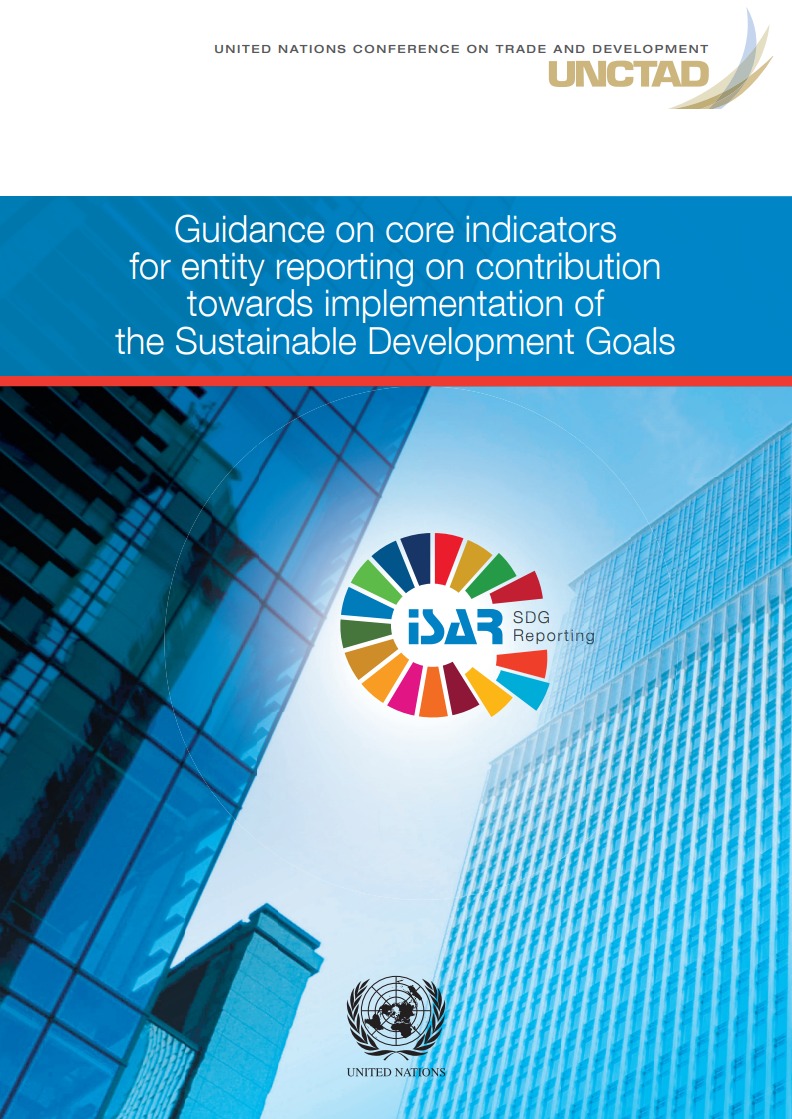
In 2015, Member States of the United Nations adopted the 2030 Agenda for Sustainable Development, containing 17 Sustainable Development Goals (SDGs) and 169 targets.In resolution 70/1, the General Assembly stated that the Goals and targets would be followed up and reviewed using a set of global indicators focused on measurable outcomes. Consequently, the Inter-Agency and Expert Group on Sustainable Development Goal Indicators (IAEG-SDGs) was established to develop a global indicator framework to monitor implementation of the 2030 Agenda.Member States are in the process of developing their national indicators in line with the 2030 Agenda but taking into account national circumstances. Full development of the indicator framework is a process that requires time and the possibility of refinement as knowledge and data availability improve.
The report of the IAEG-SDGs requires global monitoring to be based, to the greatest possible extent, on comparable and standardized national data, obtained through well-established mechanisms for country reporting to the international statistical system.Efforts should be made to fill data gaps and improve international comparability through the increased adoption of internationally agreed standards at the national levels, strengthening of national statistical capacities and improved reporting mechanisms.
These developments have a direct impact on the accounting and reporting agenda.SDG 12 sustainable consumption and production in its target 12.6 explicitly encourages companies, especially large and transnational companies, to adopt sustainable practices and to integrate sustainability information into their reporting cycles. Indicator 12.6.1 requires data on the number of companies publishing sustainability reports.
Several other SDG indicators refer to data already being provided by many enterprises in their reports, such as on the use of energy and water, carbon dioxide emissions, waste generation and recycling, and to human resource management, gender equality and community development, among others.Company reporting may therefore be an important data source for the newly established SDGs monitoring framework. As a primary source of information on company performance, reporting can enrich and enhance Goals monitoring mechanisms by providing stakeholders such as Governments and capital providers with the means to assess the economic, environmental and social impacts of companies on sustainable development.
The objective of this Guidance is to provide practical information on how these indicators could be measured in a consistent manner and in alignment with countries' needs on monitoring the attainment of the SDG agenda.It is intended to serve as a tool to assist Governments to assess the private sector contribution to the SDG implementation and to enable them to report on SDG indicator 12.6.1.It also intends to assist entities to provide baseline data on sustainability issues in a consistent and comparable manner that would meet common needs of many different stakeholders of the SDG agenda. It also envisaged that the Guidance would facilitate capacity-building in the area of SDG reporting in member States at the country and company level as part of ongoing UNCTAD projects in this area.The Guidance will be updated as needed based on the results of its practical application.
